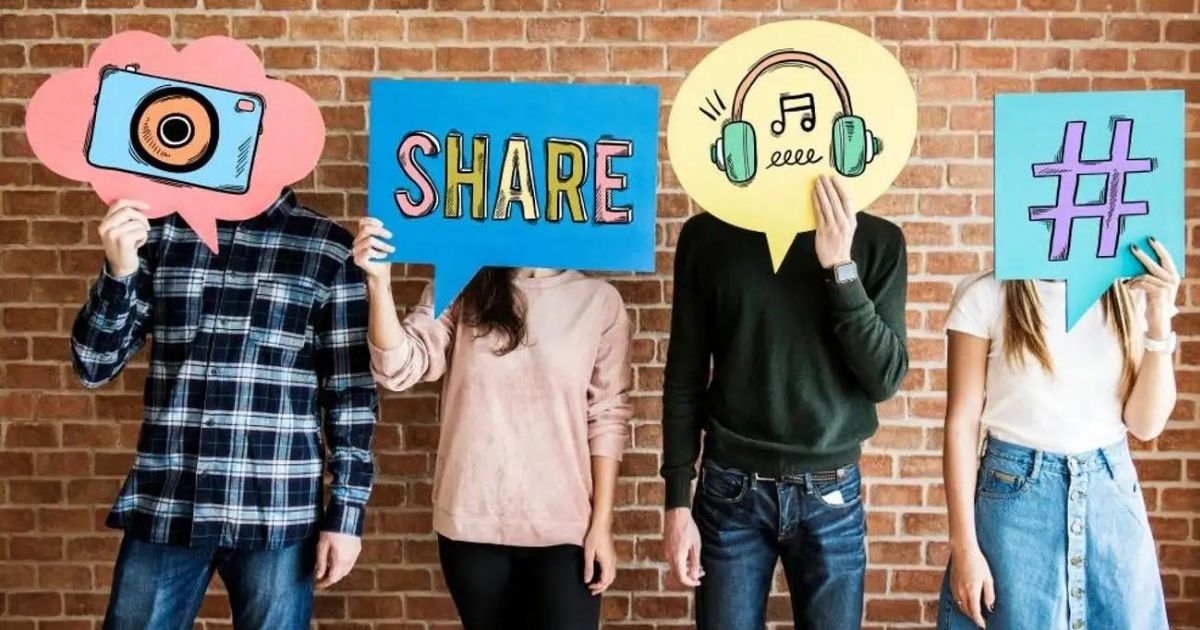A recent survey has revealed that more than half of U.S. teenagers spend nearly five hours a day on social media platforms, with a significant preference for YouTube, TikTok, and Instagram.
The study, conducted by Gallup, has ignited discussions about the possibility of social media addiction and the role of tech companies in encouraging excessive screen time among the younger generation.
In today’s digitally connected world, social media has become an integral part of the lives of teenagers. The Gallup survey explored the usage patterns across various social media platforms, including YouTube, TikTok, Instagram, Facebook, X (formerly known as Twitter), and WhatsApp.
The results indicate that YouTube tops the list with an average usage time of 1.9 hours per day, followed closely by TikTok at 1.5 hours and Instagram at 0.9 hours. Notably, teens spent significantly less time on WhatsApp, X, and Facebook.
Social Media Addiction Concerns
Gallup’s findings have raised concerns about the possibility of social media addiction among teenagers. The report questions whether tech companies play a role in driving excessive screen time, stating, “Studies have pointed out how technology companies manipulate users into spending more time on the apps through their designs.”
These designs, aimed at maximizing user engagement, may inadvertently lead to self-control problems and a rise in the number of hours spent online.
To support this claim, the report references a 2022 article published in the journal “American Economic Review.” According to this article, approximately 31% of young adults are affected by the design strategies employed by social media companies.
These strategies reportedly create “self-control problems” and encourage excessive screen time. The impact of these designs is a growing concern, as they seem to entice users into extended and often unhealthy online engagement.
One of the driving factors behind excessive social media use is the way these platforms interact with the human brain. Dr. Nancy Deangelis, the director of behavioral health at Jefferson Health, explains that social media platforms are designed to trigger surges of dopamine, a neurotransmitter associated with feelings of pleasure and reward.
These dopamine releases are strategically timed to keep users coming back for more. The cycle of receiving likes, comments, and shares on social media generates a sense of achievement and satisfaction, leading to a high similar to that experienced when gambling or using drugs.
The excessive use of social media among teenagers has the potential to affect various aspects of their lives. Academic performance, physical activity, and face-to-face social interactions may be compromised when a substantial portion of the day is spent online.
The psychological effects of constantly seeking validation and comparing oneself to others in the online sphere can also lead to mental health issues.
As concerns about social media addiction continue to grow, it becomes increasingly important to address the issue at various levels. Parents, educators, and mental health professionals play a pivotal role in educating teenagers about the potential consequences of excessive screen time.
Additionally, social media companies themselves are being urged to consider responsible design practices that promote healthy and balanced use of their platforms.
In conclusion, the Gallup survey sheds light on the extensive social media usage among U.S. teenagers and raises valid concerns about the potential for social media addiction. The interaction between tech designs and the human brain, triggering dopamine surges, keeps users returning to these platforms for more, often at the expense of other essential aspects of their lives.
As this issue gains prominence, efforts to educate, raise awareness, and implement responsible design practices are crucial to ensure a healthy relationship with social media among the younger generation.


























